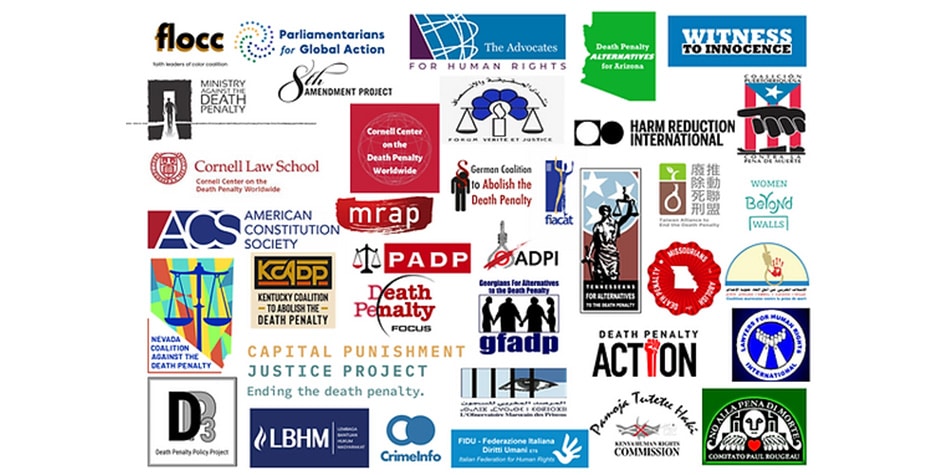Abolition in the US: what role for overseas activists?
Advocacy
The idea of seeking support overseas is a new one for US abolitionists. While they are interested in linking up with activists in other countries, they are cautious to avoid what death penalty supporters might reject as foreign interference in US affairs.
Despite the hesitation about the way to address this issue and the short time available, the discussion yielded a list of interesting proposals.
Stronger links across borders
A first step could be to share better communication between US organisation at state or national level and overseas abolitionists to exchange information and strategy orientations.
Although an NCADP platform could centralise some of that information, it emerged from the discussion that peer-to-peer dialogue was just as important: between US and international law enforcement, networks of victims, local councils, youth organisation (especially through the internet), etc.
Such links should extend beyond Europe, a traditional abolitionist stronghold, and into abolitionist and retentionist countries in other regions.
Economic impact
The brainstorming session highlighted the importance of international business relations as a way to leverage pressure on the US. Overseas activists could engage in dialogue with business leaders to encourage them to take the issue of capital punishment into consideration when deciding to invest in a particular US state.
Boycott campaigns targeted at international visitors could focus on tourist areas such as California.
The idea is to apply the principles drawn up by former UN Secretary General Kofi Annan to the death penalty: when doing business with a state, keep human rights issues in mind.
Legal, financial and lobbying efforts
The delegates also discussed the importance of the international community in stressing that the death penalty is a human rights violation under international law and pushing for the enforcement of multilateral treaties.
International support for the abolition in the US also involves continued lobbying in diplomatic circles, to maintain the death penalty on the UN’s and international leaders’ agenda when dealing with the US.
In individual cases, legal intervention can take the form of amicus briefs and appeals for clemency for US residents at risk of capital punishment. In other countries, abolitionists are encouraged to campaign against the extradition of suspects of capital offences to the US.
Finally, the participants mentioned financial support and the involvement of celebrities and high-profile figures as a way to help US abolitionist from abroad.
The World Coalition hops to work with NCADP to explore those ideas and develop them further.
Related articles:
USA: reaching for the dream
Four World Coalition members among NCADP award winners







